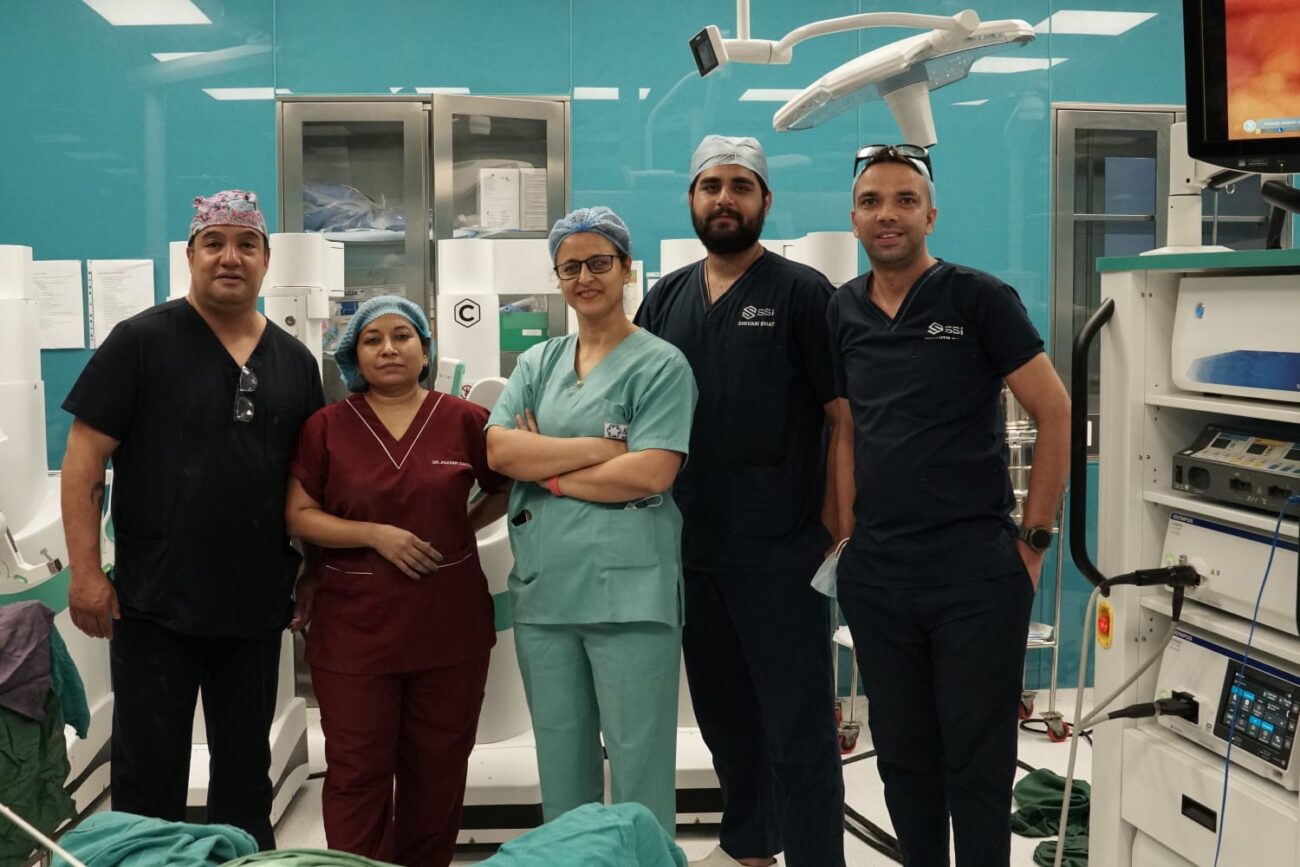Trivitron’s Kiran Radiation Protection Products now comply with ISO’s Biocompatibility Quality Standards
Trivitron Healthcare’s Imaging Division, Kiran Medical Systems has achieved a significant milestone in Radiation Protection. All components that can come in contact with the skin, the Fabric, Thread and Edge Binding Fabric used in Kiran’s
Trivitron Healthcare’s Imaging Division, Kiran Medical Systems has achieved a significant milestone in Radiation Protection. All components that can come in contact with the skin, the Fabric, Thread and Edge Binding Fabric used in Kiran’s Radiation Protection Products have been tested and proven to be compliant with International Biocompatibility Quality standards ISO10993-1:2018, ISO 10993-5:2009 (E) & ISO 10993-10:2010(E). Kiran Radiation Protection Aprons are non-sensitizer, non-cytotoxic and non-irritant.
Speaking on the occasion, Mr. Satyaki Banerjee, CEO – Medical Imaging, Trivitron Healthcare, said, “Kiran being a Global Leader in Radiation Protection, is committed to continuous innovation and deliver the absolute best to its customers across the globe with products that set the benchmark standard in terms of scientific differentiation and compliance to International Regulatory norms. Our radiation protection products have evolved over the years with Satin Touch Fabric with Nanotech coating, multi-layer microparticle core materials, magnetic closure systems and now biocompatibility are some of the world’s first that Kiran developed for its customers.”
Biocompatibility is a term referring to the tendency of a material being compatible with the living tissue. Any material is said to be biocompatible if it does not trigger a toxic or an immunological response. Cytotoxicity assays are used to assess the effect of the device or its extract on cells grown in vitro. The elution method uses culture medium supplemented with serum as an extracting vehicle and are considered equivalent to the use of both polar and non-polar vehicles. The extracts are transferred onto a layer of cells and incubated for 24 hours. Following incubation, the cells are examined microscopically (qualitative) for their morphology, any malformation or degeneration, and cell lysis. In the quantitative assay, the neutral red (NR) uptake assay procedure is followed, based on the ability of viable cells to uptake neutral red dye.
Sensitization (Type IV hypersensitivity reaction) and Skin irritation are key toxicity endpoints to assess the biocompatibility of medical devices. Guinea pig maximization test is the sensitive method to determine the sensitization potential of medical devices, both in terms of induction and elicitation. An assessment is made to know the Skin irritation potential of the material under test to produce dermal irritation in rabbits following topical application.
Kiran Satin Touch Fabric was tested successfully for cytotoxicity, skin irritation, and skin sensitization as per ISO’s biocompatibility standard guidelines which provide the framework for determining the appropriate biocompatibility steps for planning a biological evaluation.
Kiran Satin Touch fabric is infused with Zinc Pirithione (ZNP) which possesses anti-microbial properties. Radiation protection aprons, accessories and protective gears crafted from Satin Touch offer best fit, comfort and feel and is available in a variety of colour shades.
Trivitron’s Kiran portfolio of radiology products include a comprehensive range of Radiation Protection Products, Ultisys range of Mobile & Fixed Digital Radiography systems, Infinity and Elite series surgical C-Arm systems featuring Flat Panel Detector technology, Felicia Digital Mammography, SonoRad V9 & V10 Color Doppler systems, Contrast Media, Anti-scatter X-ray grids and a wide range of Imaging Accessories & Consumables.



